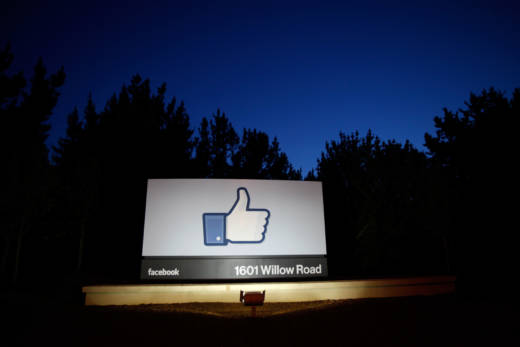Most companies that care about employee recruitment and retention try to offer the best benefit packages possible to attract top talent. In tech, an industry facing perpetual talent shortages, that often means going big.
Facebook last week said it would yet again expand its family leave benefit package, offering employees 20 days of paid sick leave to grieve an immediate relative and 10 days to mourn an extended family member’s death. They also added three days to care for a sick child.
In a Facebook post outlining the policy, company COO Sheryl Sandberg referenced her own bereavement in 2015 after the unexpected death of her husband, Dave Goldberg.
“Amid the nightmare of Dave's death when my kids needed me more than ever, I was grateful every day to work for a company that provides bereavement leave and flexibility,” Sandberg wrote. “I know how rare that is, and I believe strongly that it shouldn't be.”
In an interview with KQED, Sandberg said her experience helped to shape the bereavement policy.
